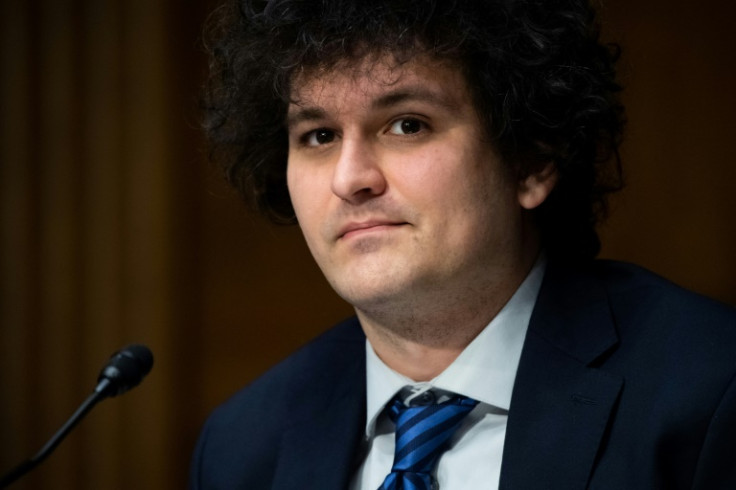
Sam Bankman-Fried, founder of the collapsed cryptocurrency exchange FTX, parried with a federal prosecutor on Thursday in high-stakes legal jousting at his criminal fraud trial that seemed to frustrate the judge.
Bankman-Fried was scheduled to take the witness stand after three weeks of devastating testimony for the 31-year-old crypto wunderkind, accused of stealing billions of dollars from clients.
But federal Judge Lewis Kaplan took the unusual step of sending the jury home Thursday and listening to Bankman-Fried, his defense lawyers and a prosecutor go over technical aspects of his upcoming testimony.
The move pushed Bankman-Fried's appearance before the jury back until at least Friday.
Bankman-Fried, once one of the most respected figures in crypto, has been charged with seven counts of fraud, embezzlement and criminal conspiracy.
If convicted, he could face a de facto life sentence of more than 100 years in prison.
Thursday's hearing initially seemed confined to points of detail, but assistant US Attorney Danielle Sassoon soon found Bankman-Fried, known widely as SBF, offering evasive answers, drawing a pointed remark from the judge.
She asked Bankman-Fried about business practices, specifically whether any internal document laid out how Alameda Research, his personally owned trading company, could use funds placed in FTX, which he could not fully answer.
Initially calm, Bankman-Fried grew visibly surprised and delivered evasive answers.
"The defendant has an interesting way of answering questions," Judge Kaplan said.
At another moment, Bankman-Fried would not make it clear whether he knew that Alameda owed money to FTX, or that the investment company enjoyed preferential treatment over other clients.
Throughout the hearing, Bankman-Fried's lawyer, Mark Cohen, suggested that the questions went beyond the scope of a technical hearing, but the judge did not intervene.
"Our position is that the use of funds was not improper and that our client didn't believe it was improper," Cohen said.
For his part, Bankman-Fried repeatedly challenged Sassoon's formulation that Alameda used FTX customer funds to invest.
At the time of FTX's bankruptcy in November 2022, some $8.7 billion was unaccounted for. Most of the funds have since been recovered by liquidators and should be paid out to customers in early 2024.
Bankman-Fried has blamed former colleagues for FTX's sudden collapse.
But key witnesses in recent weeks, all former FTX or Alameda employees, refuted his account.
Supported by internal documents compiled by the prosecution, they said he was behind the breaches and did not lose sight of the financial situation of FTX and Alameda.
Among those taking the stand was Caroline Ellison, Bankman-Fried's former business partner and girlfriend.
She offered damning evidence against him and delivered details on his management, saying he was involved in all major decisions.
Ellison, a Stanford University mathematics graduate, was appointed by Bankman-Fried in 2021 to head Alameda, whose activities were largely financed by money from customers of FTX without their knowledge.
She has pleaded guilty to fraud charges and agreed to cooperate with the prosecution, as have two other close associates of Bankman-Fried.
Bankman-Fried's decision to testify in his own defense is unusual in a country where criminal defendants generally decline to do so because they have to face cross-examination and run the risk of incriminating themselves.
Hollywood producer Harvey Weinstein, comedian Bill Cosby, singer R. Kelly and drug trafficker Joaquin "El Chapo" Guzman were among high-profile defendants who declined to testify at their recent trials.
© 2025 Latin Times. All rights reserved. Do not reproduce without permission.




